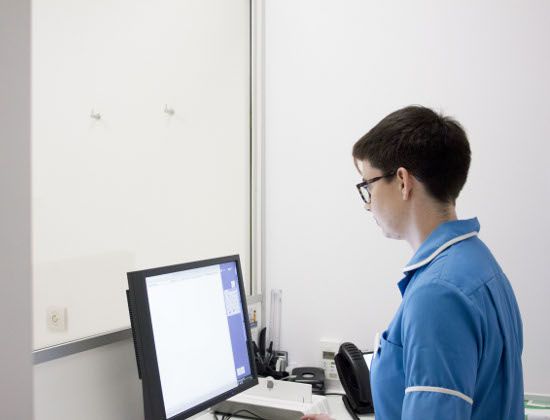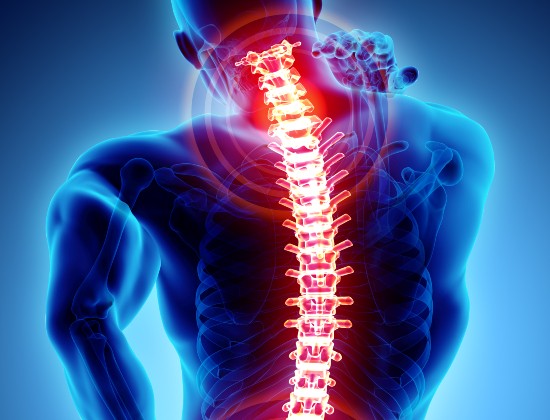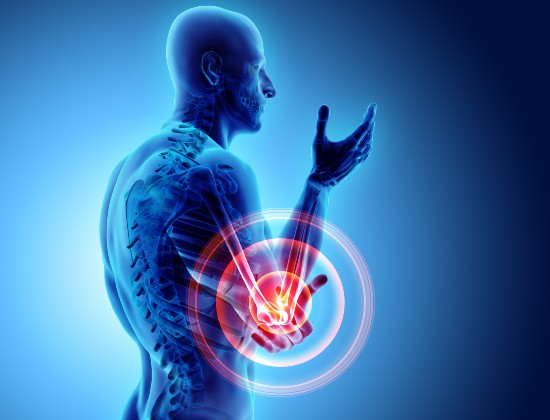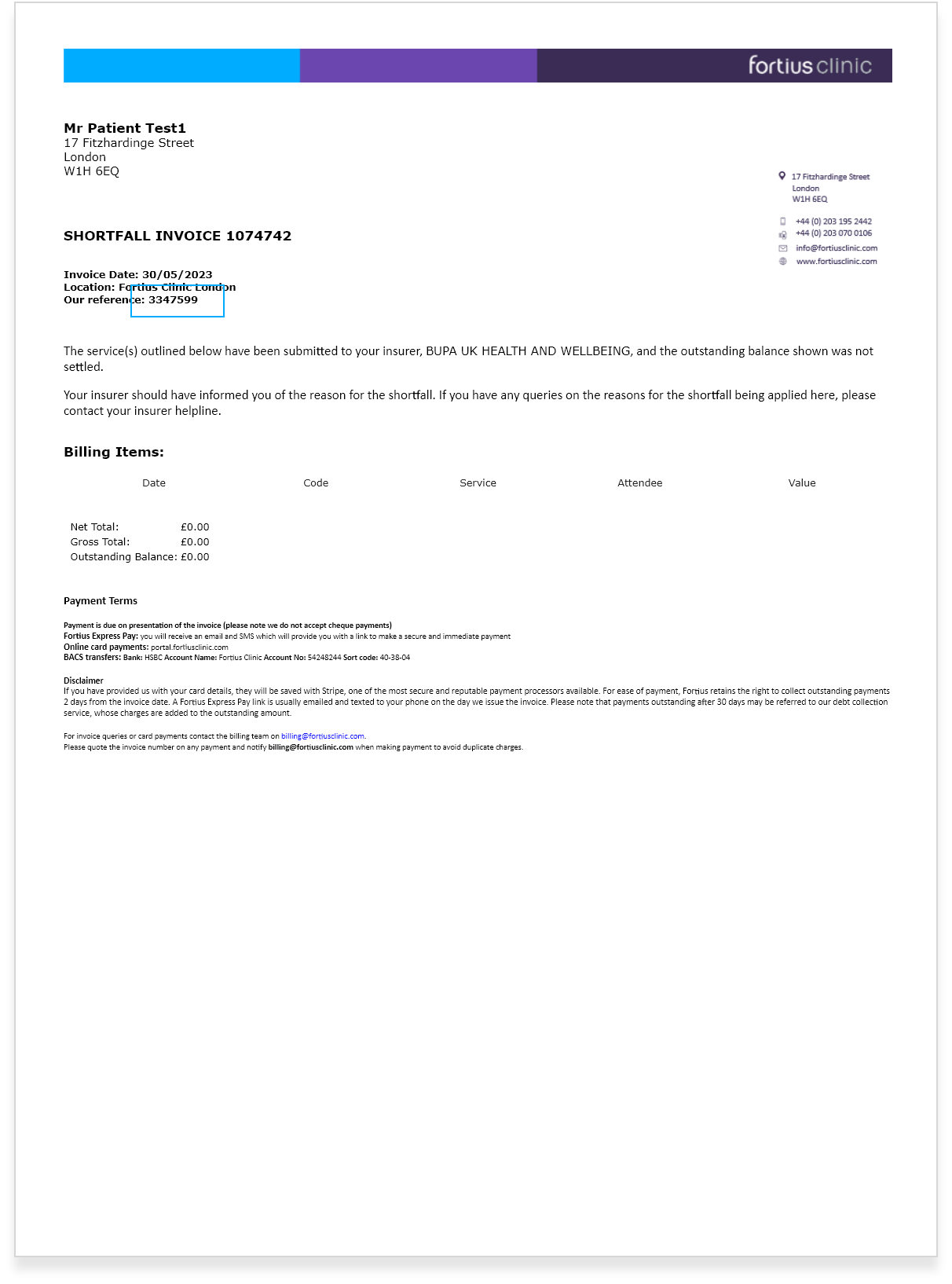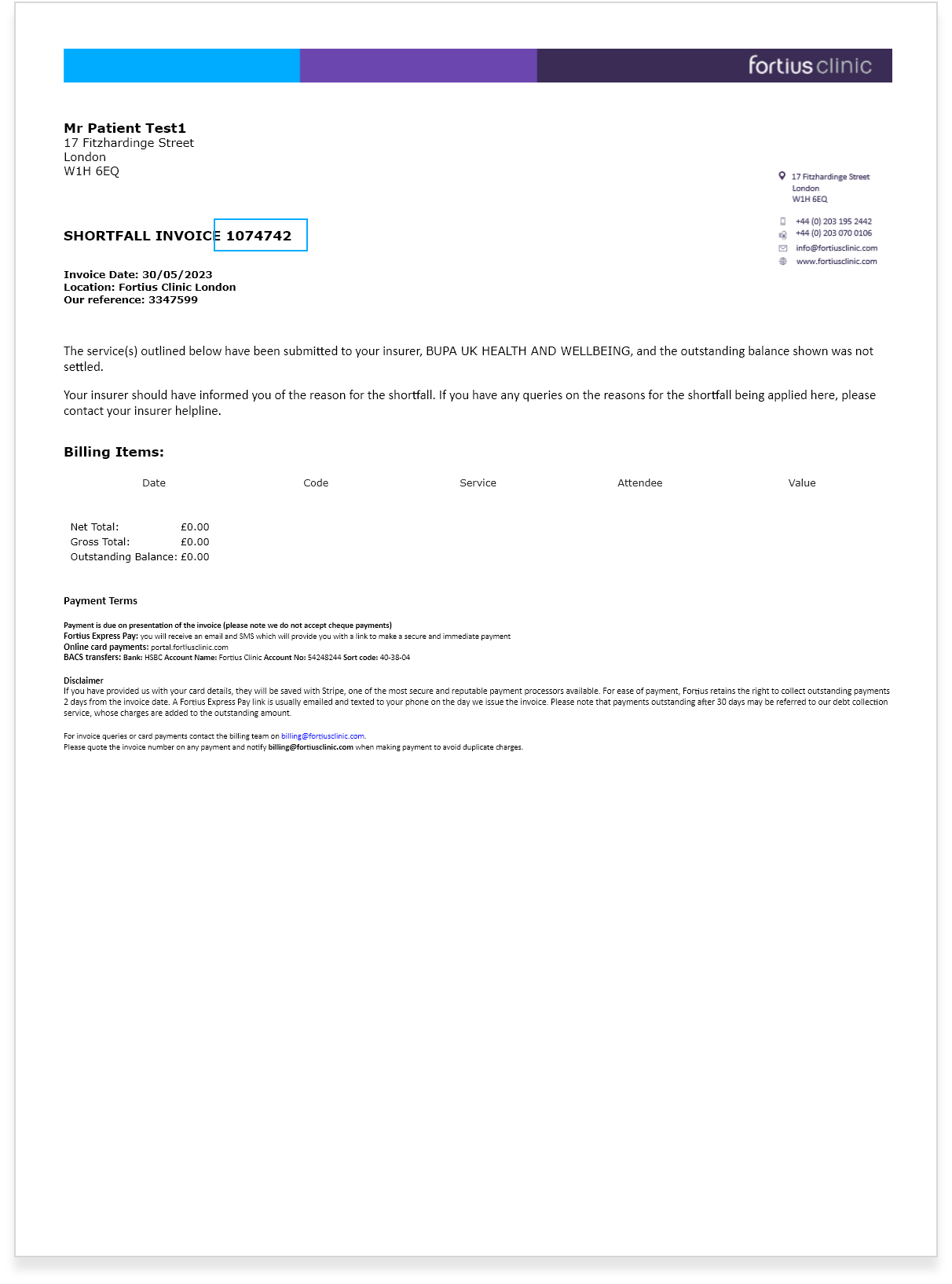Whiplash
Whiplash is damage to tendons and ligaments caused when the head moves with force beyond its normal limits to the front, back or side. This causes a neck sprain.
Causes
Whiplash is common in road accidents or sporting injuries, for example, a slip or fall; falling from a horse or bike; hitting your head during contact sports; or being hit on the head by a heavy object.
Symptoms
These can take some hours to develop and the most common include pain and stiffness; tenderness, especially when you move the neck; and headaches. Symptoms can also include lower back pain; numbness in the hands and arms; dizziness; blurred vision; tiredness; muscle spasms; and vertigo (feeling as if you are spinning). In rare cases, whiplash can also result in loss of memory, not being able to concentrate, and feeling irritable.
Diagnosed
After discussing your symptoms, the doctor will usually examine your neck for tenderness and the range of movement. The diagnosis can be backed up by X-rays and CT or MRI scans if your specialist suspects that there may be other problems, such as a cervical fracture.
Treatment
Keeping your neck mobile will help you to recover more quickly and anti-inflammatory medicine, if advised by your doctor, can also help. Most people recover within a few weeks but if your whiplash becomes chronic (long term) and affects your everyday life, you may need to follow a targeted rehabilitation programme. Your specialist will be able to discuss the details of this with you.
Important: This information is only a guideline to help you understand your treatment and what to expect. Everyone is different and your rehabilitation may be quicker or slower than other people’s. Please contact us for advice if you’re worried about any aspect of your health or recovery.

